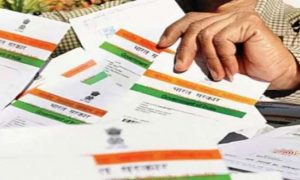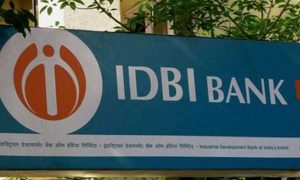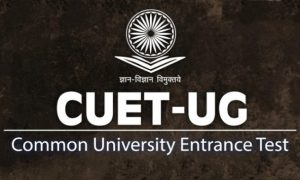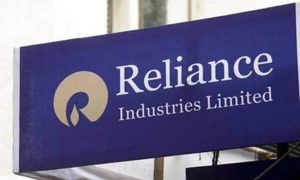Education stands as the cornerstone upon which the foundation of a robust and prosperous economy is meticulously laid. It is an invaluable catalyst for the overall development of our nation, influencing various facets of societal growth.
Read More: Provide Ayushman Bharat beneficiaries free medicines, says Parliament Panel
As we delve into the intricate connection between education and economic progress in India, it becomes evident that education serves as the linchpin, shaping the trajectory of our economic landscape. The role of education extends beyond the individual, radiating its impact across communities and the nation at large. Understanding this crucial link is paramount, as it unveils the profound influence that education exerts on the socio economic fabric of India.
The crucial link between education and economic progress
Education not only helps people improve personally, but it also has a significant positive impact on the economy. People who have access to education are more creative, productive, and add to the growth of human capital. A workforce with a good education can adjust to shifting market demands and technological advancements, fostering economic progress.
Data consistently shows that countries with higher literacy rates tend to have stronger economies. Education empowers individuals to engage in skilled jobs, which in turn, leads to increased productivity and a rise in income levels. Moreover, education fosters a culture of innovation, which is vital for sustained economic development.
India’s progress in the last two decades
India has made significant strides in improving literacy rates over the past two decades. In the early 2000s, our country faced challenges in providing education to all, but the implementation of key government initiatives like Sarva Shiksha Abhiyan and the Right to Education Act has brought about remarkable changes. These programs aimed to make education accessible to every child, irrespective of their socio-economic background.
As per Statista, literacy rates in India have been on the rise, indicating improved access to education, but they still have room for further expansion. In 2018, the literacy rate in India stood at approximately 74 percent, with a noticeable gender disparity, as most literate individuals were male. In comparison, the global literacy rate for individuals aged 15 and above is estimated to be around 86 percent. This suggests that while progress has been made, India’s literacy rate remains below the worldwide average, and efforts are needed to bridge the literacy gender gap and enhance overall literacy levels.
Read More: Delhi-Mumbai Expressway: Expect Surat Stretch to Open by March; E-way Fully Operational by 2025
It is impossible to overestimate the relationship between economic progress and rising literacy rates. A workforce with greater education has led to the success of many sectors and enterprises. Employers in sectors like IT, finance and banking, healthcare and pharmaceuticals, telecommunications, retail and e-commerce, automotive and manufacturing, and entertainment and media have all profited from having knowledgeable and competent staff.
Education for a sustainable future
The theme for National Education Day 2023, “Innovative learning for a sustainable future,” directs our focus towards one of the most pressing global challenges of our time: environmental sustainability. Education plays a central role in shaping the mindset of future generations, fostering environmental awareness, and providing the knowledge and skills necessary to address environmental issues.
In this context, innovative learning entails teaching the principles of conservation, sustainable development, and the imperative of preserving our planet. It encourages students to think critically about the environmental impact of their choices and to seek innovative solutions to mitigate climate change, protect biodiversity, and ensure a sustainable future for all.
People can now learn at their own pace and convenience thanks to the democratisation of education brought about by online learning platforms. This was especially important when there were disruptions to traditional classroom education due to the COVID-19 pandemic. Adapting to technology is becoming an essential skill.
Education as a catalyst for India’s global aspirations
The Prime Minister’s vision of catapulting India into the top 5 global economies is strongly tied to education. Education will be a key driver in achieving this goal. We must focus on innovative teaching methods, vocational training, and continuous skill development to prepare our workforce for the future job market, which is ever-changing and dynamic.
In conclusion, National Education Day is a reminder of the profound connection between education and economic growth. As India continues its journey towards becoming an economic powerhouse, education will be the driving force that propels us to new heights.
Read More: Mahakumbh preparations: 61 projects worth ₹795 crore get apex panel nod
We must prioritise accessible and quality education for all, embrace digital transformation, and invest in our people to ensure a prosperous future for our country. Education is not just a means to personal success; it is the cornerstone of our nation’s economic renaissance.





































